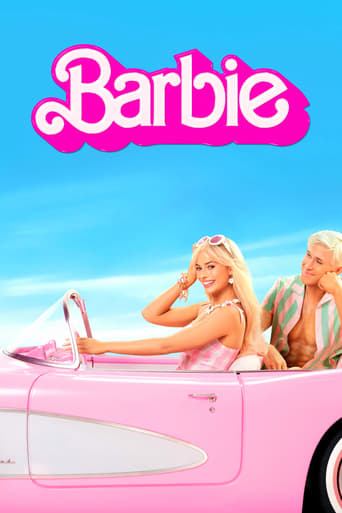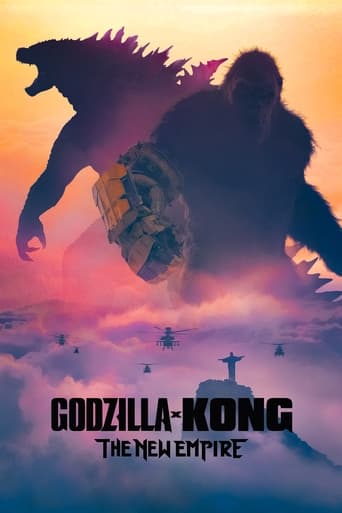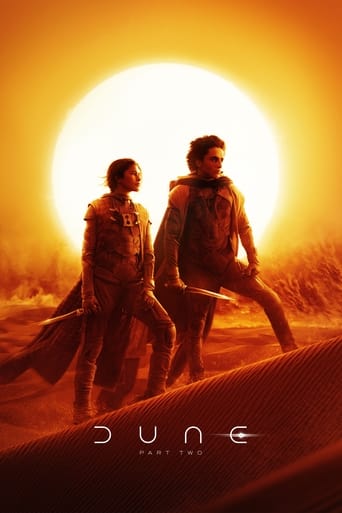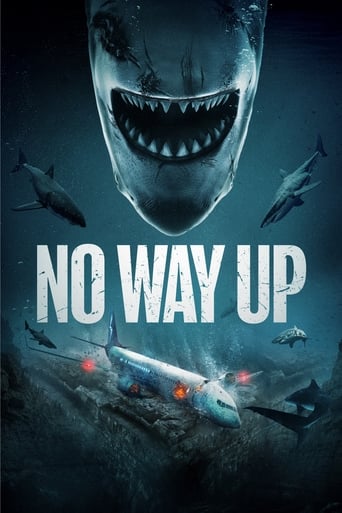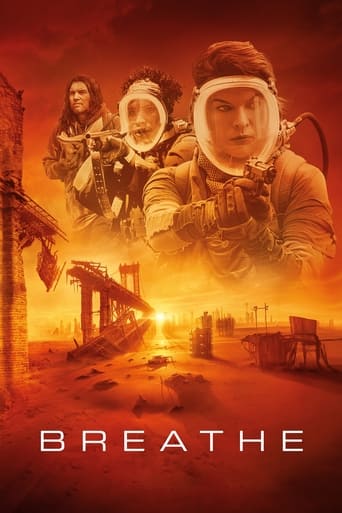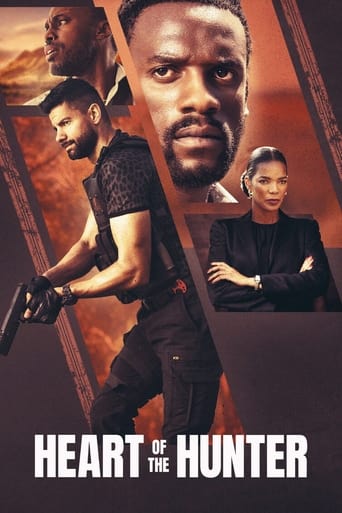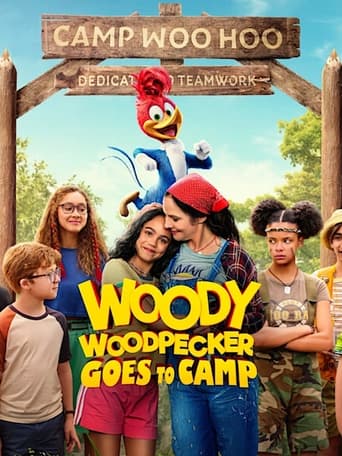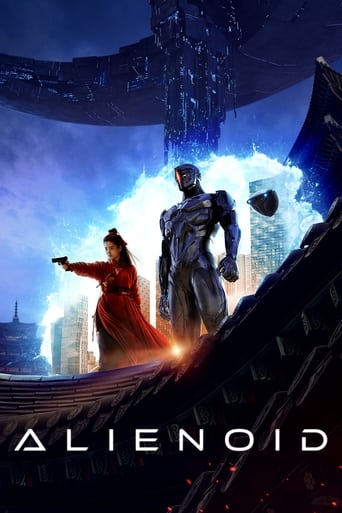
The review of The Equalizer 2– Denzel Washington can't save dull sequel
In the US, there’s an adage in a certain political sect that the only thing capable of stopping a bad guy with a gun is a good guy with a gun. In The Equalizer 2, Antoine Fuqua’s follow-up to his 2014 reboot of the 80s TV staple that is somehow not titled “The Sequelizer”, that expression gets an amendment. The only thing capable of stopping five bad guys with guns is Denzel with a gun, and probably a couple of knives, too, for sure.
Much like the recent exhuming of the more overtly reactionary Death Wish pictures, the return of Denzel Washington’s avenging angel Robert McCall plays to a distinctly American, distinctly male power fantasy. A former marine, retired CIA black op and recent widower, McCall is getting long in the tooth. (Never the type to put too fine a point on things, Fuqua has the avowed bookworm tackling Marcel Proust’s In Search of Lost Time as the final entry on his lifetime reading list.) He fills his days by driving for Lyft, patiently listening to a doddering old-timer in his neighborhood and trying to keep local boy Miles (Moonlight star Ashton Sanders) out of the gang life. He’s trying to leave behind a better world than the one he entered, repainting a graffitied wall of his building and urging Miles not to use cuss words.
But greater evils than the occasional S-word lurk among the high-rises of Boston’s lower-income neighborhoods, and accordingly, McCall must take more extreme measures in his quest to purge the streets of wrongdoers. It starts when some skeevy financial types dump a roughed-up female intern in his car, and McCall goes up to their penthouse to crack some skulls after safely depositing her at the hospital. He takes it upon himself to pick up the police’s slack by going vigilante with principle, dropping pseudo-slick one-liners about good manners while he dispatches the no-goodniks who fall through the cracks.
Last time around, he was helping out streetwise teen prostitute Chlo? Grace Moretz, and now, he’s unraveling a convoluted, uninteresting conspiracy threatening his pals Dave and Susan (Pedro Pascal and Melissa Leo, respectively). In either case, the mentality undergirding his actions remains the same. He’s a naked expression of the middle-aged man’s desire to remain relevant and in command of his immediate surroundings. Washington is now 63 years old, and McCall acts even older – though he never tells anyone to pull their sagging pants up, you can tell he is at all times thinking it – but he has no trouble putting the smackdown on men two or three decades his junior. Like the cowboys who took the law into their own hands before him, a tradition evoked by a final shot mimicking John Ford’s indelible end to The Searchers, he acts as a compromised society’s self-appointed moral guardian. We want him on that wall, we need him on that wall, etc.
He claims to pursue justice, and because Washington has had 30-odd years to perfect his onscreen charisma, the audience may very well believe him. (That Washington is charming enough to disguise McCall’s clear streak of Travis Bickle-level sociopathy ranks as this production’s greatest asset.) In actuality, he’s in pursuit of something far nastier, cheaper and faster – revenge. The Equalizer pictures operate under a false moral imperative, using the mission of cleaning up the streets as a cover for the same pat hyper-stylized, near-pornographic brutality. The audience at this critic’s screening howled with approval at intimately photographed knifings, shootings, and one instance in which a man is flung from a great height on to some sharp rocks. The film would have us believe that that reaction isn’t what McCall would’ve wanted, but it’s clear that this has been Fuqua’s game all along.
The script makes repeated mention of what it means to be a man, as McCall often disses his enemies by impugning their masculinity. A real man would never lay hands on a woman, he rules, a real man has honor or a moral code. Little does Fuqua realize that his hero embodies the spirit of this particular variety of manhood more completely than he could have intended. For there is nothing more typical of a middle-aged American man’s fragile ego than the need to regain command over a world in the process of leaving him behind. The film ends with young Miles applying himself by putting his artistic talents to use on a comic book immortalizing the Equalizer, and in doing so, completing the dream of geriatric action (geriaction?) cinema: to remain vital, respected and capable forever. When a child feels this impulse to be big and strong, we get the inspirational superhero pictures currently flooding multiplexes. When a grown adult feels this way, however, the result is sad – pathetic, even – and in the worst cases, dangerous.

